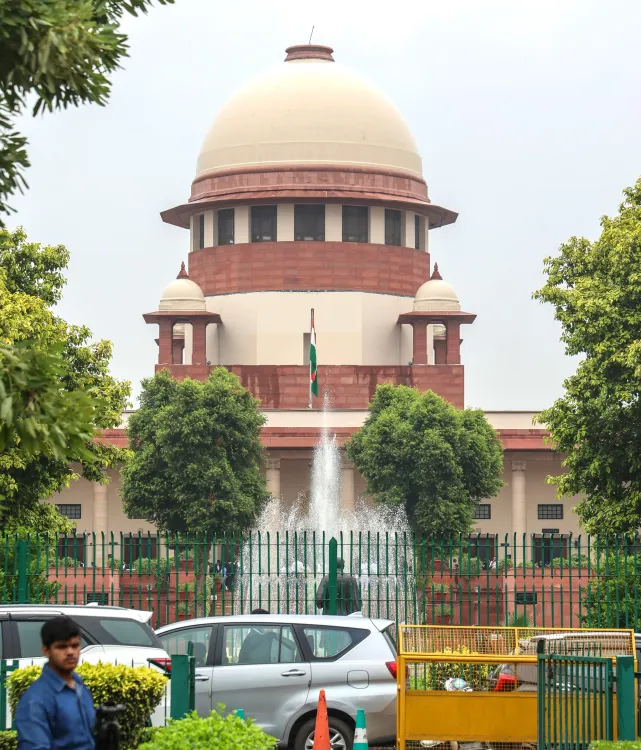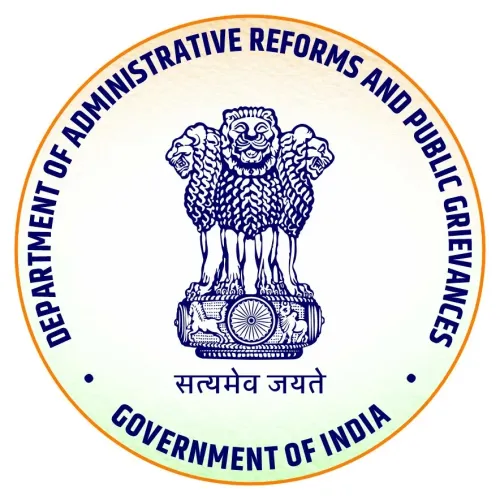Have Supreme Court Notices to All States and UTs Addressed ‘Digital Arrest’ Scams?

Synopsis
Key Takeaways
- Supreme Court issues notices to all states regarding digital arrest scams.
- Fraudsters impersonate officials using forged documents.
- Investigations may be transferred to the CBI.
- Money laundering networks often operate from Myanmar and Thailand.
- States must report on FIRs related to these scams.
New Delhi, Oct 27 (NationPress) The Supreme Court has taken a significant step by issuing notices to all states and Union Territories regarding the alarming rise of “digital arrest” scams. In these scams, criminals impersonate law enforcement and judicial officials, using forged court documents to unlawfully extract funds from unsuspecting individuals.
A Bench led by Justices Surya Kant and Joymalya Bagchi has mandated all state governments to provide comprehensive details of First Information Reports (FIRs) related to these scams. The justices emphasized, “Today, we are not issuing directives but are serving notice to the States to ensure a standardized investigation across the board.”
The Justice Kant-led Bench expressed concerns that the “digital arrest” scams could be widespread throughout India or even transnational, prompting the suggestion to refer the investigations to the Central Bureau of Investigation (CBI).
“Numerous incidents have been reported from various locations. We are inclined to assign the case to the CBI as this crime seems to be operating on a national scale, possibly extending across borders,” remarked the apex court.
During the proceedings, Solicitor General Tushar Mehta, representing the Union of India, informed the Supreme Court that the CBI is already probing multiple similar cases, with technical support from the Cyber Crime Division of the Union Ministry of Home Affairs.
Attorney General R. Venkataramani informed the Justice Kant-led Bench that the money laundering networks behind these scams frequently operate from outside India, specifically mentioning countries like Myanmar and Thailand.
“These money laundering operations are based in various parts of Asia, including Myanmar and Thailand,” stated AG Venkataramani.
During the hearing, the Haryana government, which had previously received notice, updated the Supreme Court that two FIRs were lodged by Ambala’s Cyber Crime Branch and expressed no objection to transferring the investigation to the CBI.
The Justice Kant-led Bench granted Haryana a week’s time to submit additional information regarding other related FIRs.
“In addition to the two FIRs, there are other FIRs related to similar offenses in Haryana. The AAG requests and is granted one week to provide details of those FIRs,” the order stated.
The apex court instructed all other states and Union Territories to report similar FIRs registered in their jurisdictions, clarifying that formal counter-affidavits were not necessary at this stage.
“We are issuing notice to all States and UTs to provide information on FIRs registered within their territories related to cyber crimes involving digital arrests. No formal counter-affidavit is required; only the details of the cases should be submitted,” it directed.
The case will be reviewed again after the state governments submit their responses.










